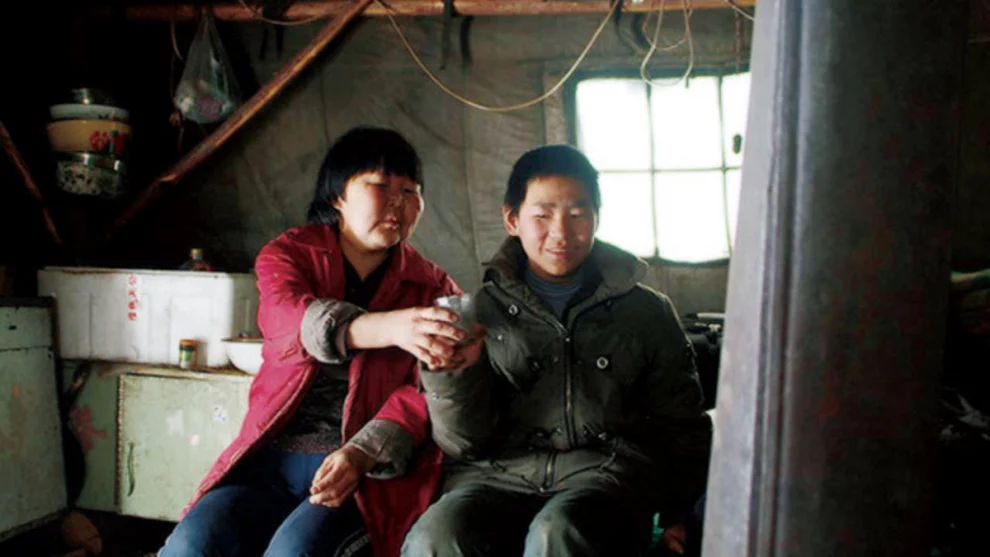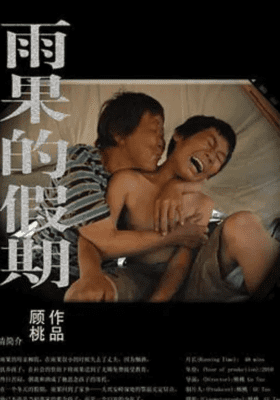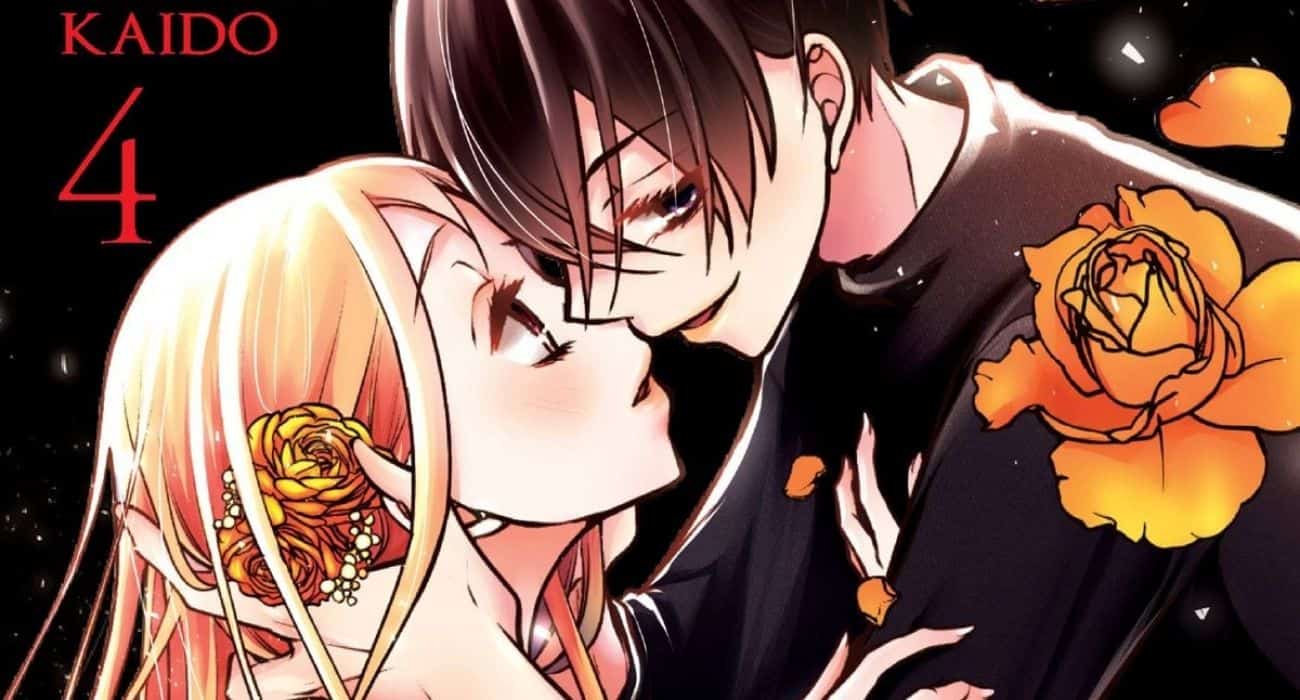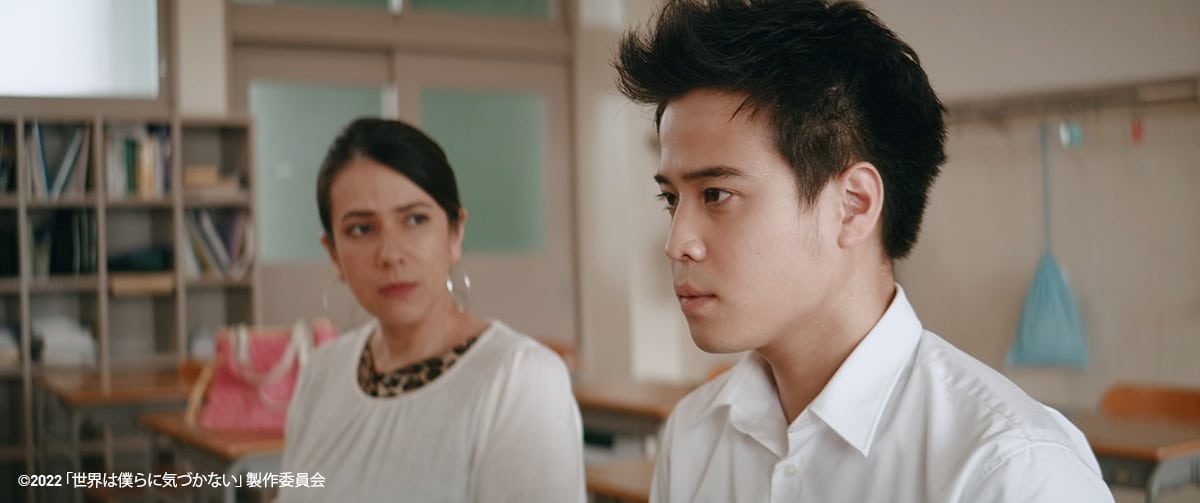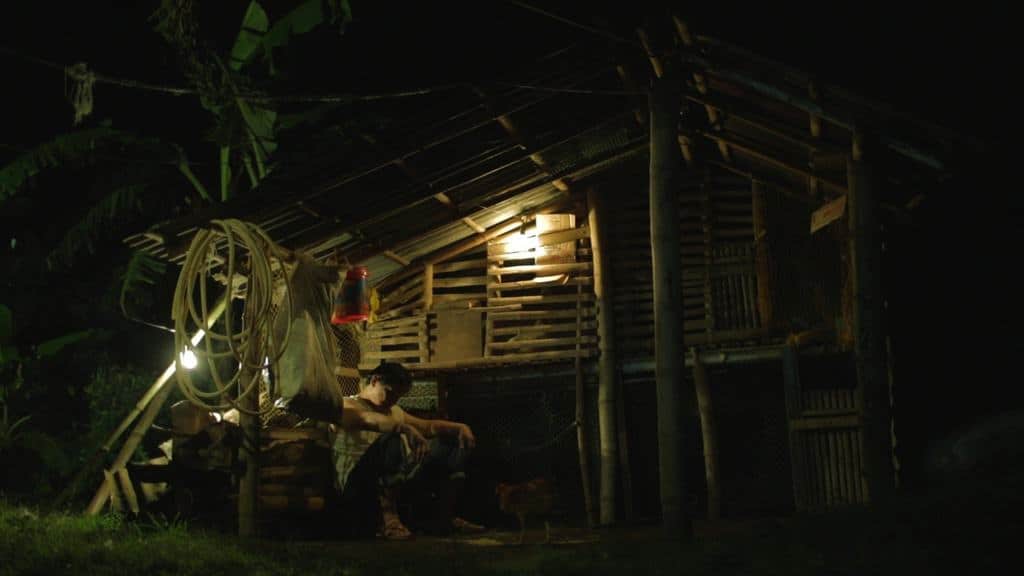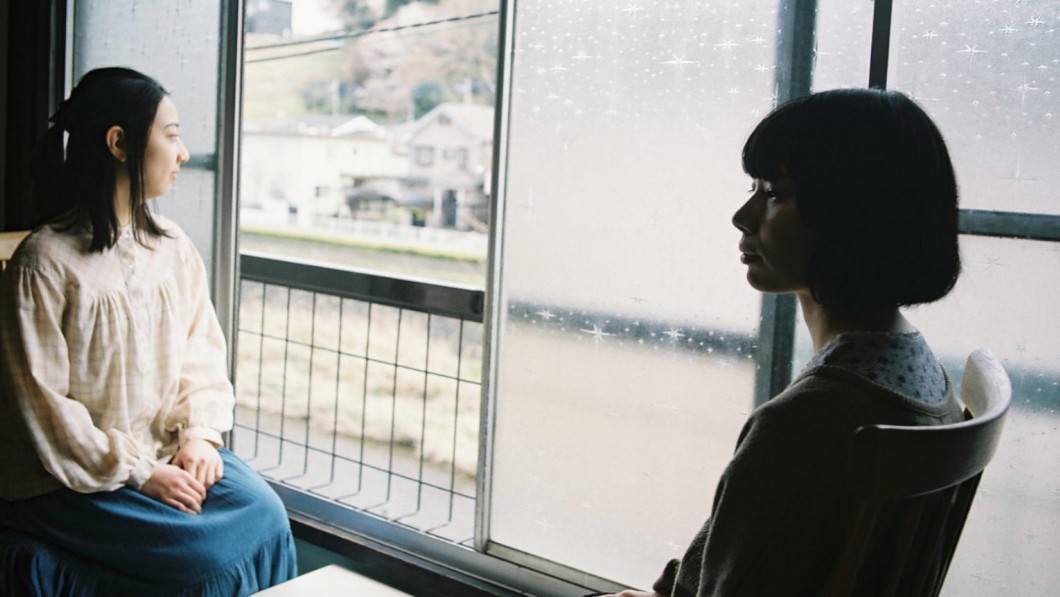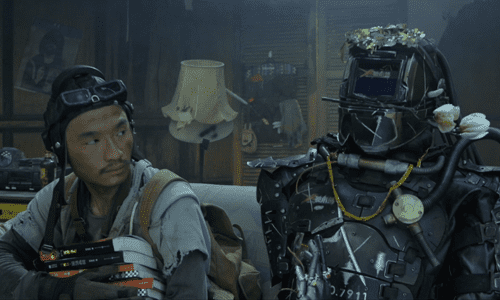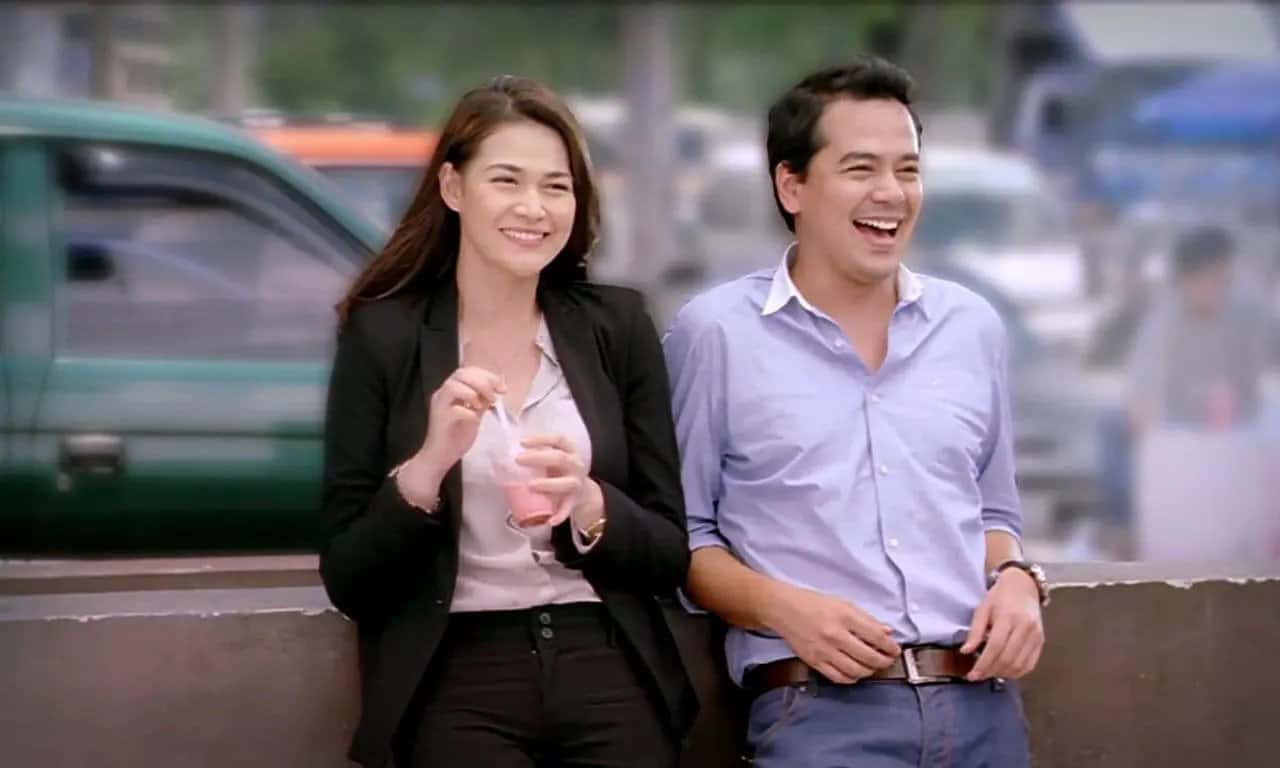In the second installment of his trilogy dedicated to the Evenki people, “Yuguo and His Mother”, Gu Tao focuses on the relationship between the protagonist of his previous documentary “Aoluguya, Aoluguya”, Liuxua, and her son, the eponymous Yuguo.
Yuguo and His Mother is streaming on CathayPlay
At the age of eight, Yuguo is taken from his alcoholic and violent mother and brought to a boarding school for orphans at Wuxi. Three years pass before they meet next for a brief period of time. Then two more, until he visits his mother again and stays with her at her mountain yurt.
The documentary opens with Yuguo traveling to meet his mother. The boy is in a taxi, happy, unable to control his happiness, even. He tells the driver about his village. We then see Liuxua, drunk again, crying and complaining how brutal the world is. As if speaking to her son, or maybe to herself, she tells him that he needs to be strong and not let society destroy him. Scenes of mother and son are juxtaposed with ones of the mother hugging and playing with her deer, as if they are substitute for her son.
Meeting his mother for the first time after three years of separation, the boy is equally happy and uncomfortable. She is very drunk again, barely standing straight. Recognizing him after a second or two, she hugs him tight and immediately pulls him to the ground, as if she's a weight dragging him down. The boy looks both happy and worried about his constantly drunk mother, seemingly proud of his Evenki heritage, yet ashamed of his immediate family.
And just like that, Gu Tao cuts to two years later, when Yuguo, now thirteen, visits his mother again. A teenager now, he is taller (almost half a head above his mother), stronger, more mature. His mother, though, seems to have grown smaller. Repeating the same few non-funny catchphrases she seems to do when she's drunk and excited, she tries to sing Yuguo a lullaby.
While the previous encounter between mother and son was in the Evenki settlement, the second one is in her mountain dwelling. Yuguo seems to feel at home there, saying he prefers the mountain better than Wuxi. And yet, he seems constantly restless there. Moving here and there, not knowing what to do with his body, fidgeting, climbing the thin beams that give the tent shape. In a word, the boy looks bored.
Gu Tao has shot the trilogy in the span of many years and this shows not only through his familiarity with his subject, but by the fact that he is there for both visits of Yuguo. This, interestingly, is the only time the director mentions any type of chronology in this otherwise non-chronologically shot trilogy. It's as if past, present, and future mix to show us that the Evenki inhabit in a liminal, even ahistorical, space.
Whereas the focus of Gu Tao's previous entry in the trilogy, the brilliant “Aoluguya, Aoluguya” was Liuxia, here, unsurprisingly, is her son. The relationship between mother and son is so much at the center here, that Yuguo's uncle, the drunkenly poetic Weijia is almost absent, save for a short, somewhat abstract, sequence.
Not all action takes place in the mountain, though. After some time there, the family goes back to the settlement, where we witness Yuguo listen to cheesy bubblegum pop, eating jelly, and hanging out with other boys. They drink beer, go to karaoke, and do everything that other boys their age do. The boy seems in his element there.
As Yuguo leaves the settlement in the end of this 50 minute-long documentary, his mother is drunk again. He admonishes her to stop, but instead, she begs him for money. Two yuan only, she asks. He gives her five, instead. Filled with numerous jump cuts, as if implying that the separation between the two took hours, the sequence is an encapsulation of the entire “Yuguo and His Mother” – a touching and personal, yet uncomfortable affair.


